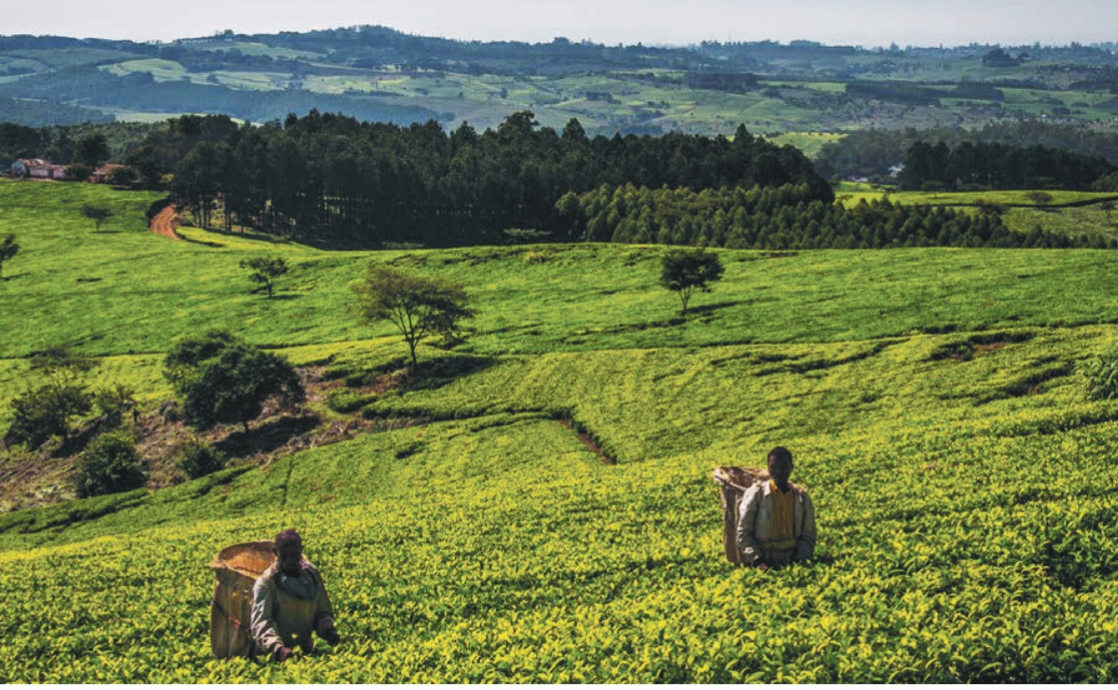In the contemporary discourse surrounding economic systems and societal advancement, the Bahá’í teachings present a profound framework that fosters a re-evaluation of the conventional paradigms defining progress. Central to this investigation is the idea that the evolution of humanity mandates an accompanying transformation in our economic arrangements. The Bahá’í perspective challenges entrenched notions of success, materialism, and individualism, advocating instead for approaches rooted in unity, equitable distribution, and collective well-being.
At the essence of the Bahá’í teachings is the belief that true progress transcends mere economic gain and encompasses spiritual and social growth. This holistic view posits that the measure of a society’s advancement should be its ability to cultivate moral and ethical development alongside material achievements. In light of this, the examination of progress becomes a multidimensional inquiry that integrates various facets of human existence.
One key tenet of the Bahá’í philosophy is the principle of the oneness of humanity. This principle underscores that all people, regardless of background or socioeconomic status, are interconnected. In an economic context, this interconnectedness prompts a paradigm shift away from competitive individualism towards cooperative endeavor. Traditional economic models, often predicated on competition and self-interest, are critically examined through the Bahá’í lens which emphasizes collaboration and shared responsibility.
The rethinking of economic arrangements also necessitates an exploration of equity. The Bahá’í teachings advocate for a just distribution of resources, countering the prevailing disparities that characterize most modern economies. Within this framework, wealth is not viewed as an end in itself, but rather as a means to promote the welfare of all. The idea of a just economy is intrinsically linked to the well-being of society as a whole, wherein the economic framework is structured to uplift the underprivileged and ensure that all individuals can partake in the fruits of civilization’s advancements.
Moreover, the Bahá’í perspective introduces the concept of ‘consultation’ as a crucial mechanism for decision-making in economic affairs. This process entails collective discourse where diverse perspectives are considered, and decisions are arrived at through consensus. Consultation encourages transparency and inclusivity, fostering an environment where all stakeholders have a voice. Such an approach contrasts starkly with top-down decision-making processes commonly found in conventional economic systems, which may marginalize certain groups and perpetuate inequity.
In examining the interplay between spirituality and economics, Bahá’í teachings highlight that the motivations behind economic activity should be infused with a sense of purpose and moral imperative. This is exemplified in the concept of “productive labor,” which is viewed as a form of service to humanity. Employment and entrepreneurship should thus be approached not just as means to individual financial gain, but as opportunities to contribute positively to the collective fabric of society.
Additionally, the Bahá’í economic model stresses the importance of sustainability. Embracing an ecological perspective, the teachings call for an economic system that honors the balance of nature while meeting human needs. This entails a critical examination of consumption patterns, urging societies to cultivate a sense of stewardship over the earth’s resources. In doing so, the Bahá’í teachings align with contemporary conversations surrounding sustainable development and environmental responsibility, advocating for practices that ensure both economic viability and ecological health.
The international stage serves as a critical arena for the application of these principles. In an increasingly globalized world, the Bahá’í teachings urge nations to transcend nationalistic tendencies and collaborate on solutions that address economic injustice and inequality. Global economic arrangements must reflect a commitment to unity and shared prosperity, rather than competition and division. International cooperation is not only beneficial but essential for navigating the complexities of global challenges such as poverty, climate change, and systemic injustice.
Additionally, education plays an integral role in redefined progress and economic arrangements. The Bahá’í teachings underscore the value of universal education as a foundational pillar for personal and societal advancement. Educated individuals are better equipped to contribute meaningfully to their communities, advocate for social justice, and innovate sustainable economic solutions. Expanding access to quality education empowers all individuals, fostering a workforce that is not only skilled but also imbued with a sense of ethical responsibility.
In conclusion, the Bahá’í teachings present a comprehensive and transformative approach to redefining progress and rethinking economic arrangements. Through the principles of oneness, equity, consultation, productive labor, sustainability, and education, a pathway emerges that prioritizes the collective well-being of humanity. Realizing this vision requires a concerted effort to challenge prevailing notions of success and to cultivate systems that reflect the interconnectedness of all people. By weaving together economic activity with moral purpose, communities can coalesce into more just, sustainable, and spiritually fulfilling societies for future generations.
